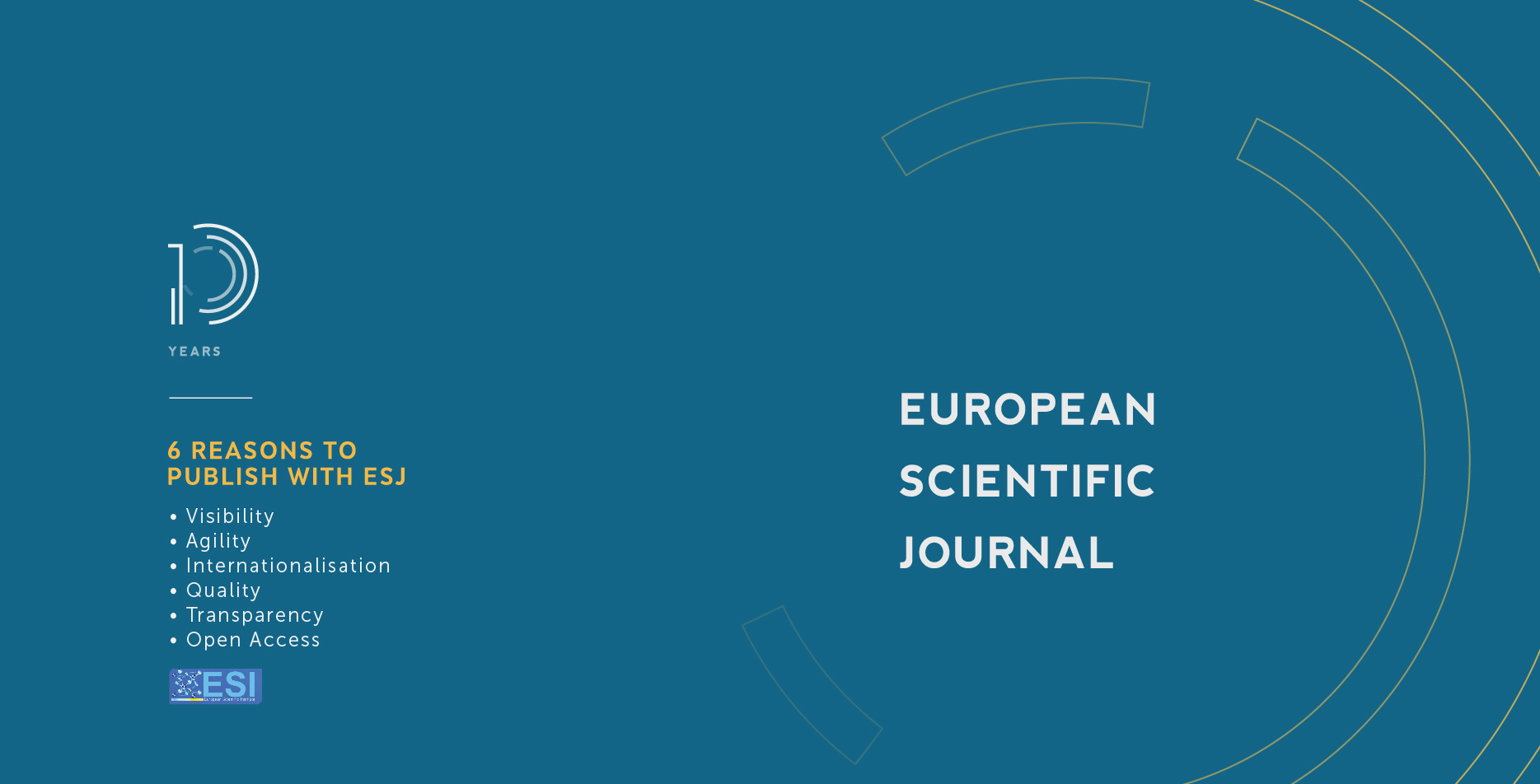Influence of ICT integration on content preparation by ICT and Non-ICT trained teachers in secondary schools in Machakos County, Kenya
Abstract
The use of Information Communication Technology (ICT) in teaching and learning has become a necessity and an opportunity for improving and enhancing acquisition of knowledge by learners. The integration of ICT in teachers’ pedagogical practices has the potential to transform the teaching and learning process. ICTs have become vital tools for teachers to enhance learning through the teachers’ pedagogical aspect of content preparation in classroom. The purpose of this study was to investigate the influence of ICT integration on content preparation by ICT and Non-ICT trained teachers in secondary schools. The study’s specific objectives were to assess the status of teachers’ integration of ICT in content preparation and to establish the influence of ICT integration on content preparation by ICT and Non-ICT trained teachers in secondary schools. The hypothesis of the study was; ICT integration does not significantly influence content preparation by ICT and Non-ICT trained teachers in secondary schools in Machakos County, Kenya. The study employed descriptive survey research design. The sample size comprised of 180 principals, 360 teachers and 398 students. Data was collected using questionnaires, observation schedule, and document analysis. Content validity of the research instruments was ascertained through analysis by experts in comparative education and piloting of the research instruments. Reliability was ascertained by testing and re-testing the instruments. Data analysis was done by use of the Statistical Package for Social Sciences (SPSS). Responses from the observation schedule and document analysis guide were organized into themes and integrated with rest of the data for purposes of triangulation. Pearson’s Product Moment correlation coefficient was used to determine the level and strength of the relationship between ICT integration and teachers’ content preparation. Pearson chi test was employed to determine the levels of significance between the variables. The study established that ICT trained teachers profoundly embraced the use of ICT skills to prepare e-based learning activities which enhanced their content preparation leading to more innovative lessons due to the acquisition of pedagogical ICT training. The study concluded that ICT integration significantly influenced teachers’ content preparation by ICT and Non-ICT trained teachers. ICT trained teachers’ integration of ICT in their content preparation was significantly higher at (p) 0.002 than their Non-ICT trained counterparts at (p) 0.045. It was concluded that ICT trained teachers integrated ICT in their content preparation more than Non-ICT trained teachers in secondary schools. Hence the null hypothesis was rejected. Based on the findings and conclusions the study recommended that, The Ministry of Education (MOE) and other ICT training agencies should provide ICT in-service training programs to ensure that all teachers acquire ICT skills to utilize ICT in content preparation for quality education.
Downloads
PlumX Statistics
Copyright (c) 2020 Rose Mwikali Kithungu, Daniel Komo Gakunga, Musembi Nungu

This work is licensed under a Creative Commons Attribution-NonCommercial-NoDerivatives 4.0 International License.








